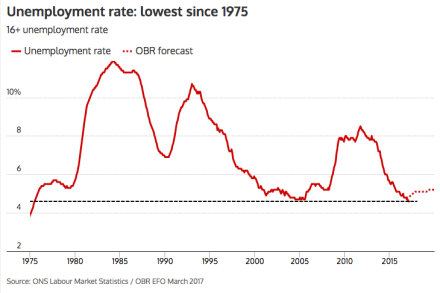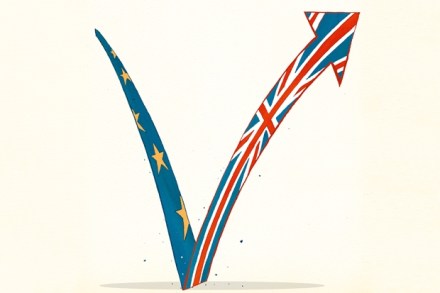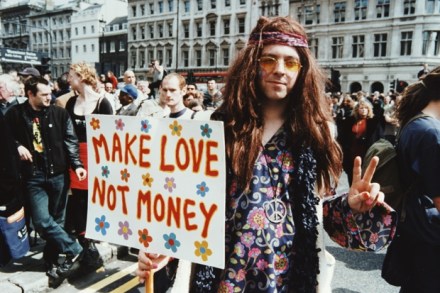It’s vital we act now to fix the ticking time bomb under our economy
The UK economy is not in good shape. We invest a lower proportion of our GDP every year than almost anyone else, which is the main reason why our productivity is almost static. We have deindustrialised to a point where we do not have nearly enough to sell abroad to pay for our imports. We have a chronic balance of payments problem financed by selling assets and borrowing from abroad. As a result, both as individuals and as a nation we are getting deeper and deeper into debt. What growth we have is driven by consumption, financed by asset inflation rather than by exports and investment. On almost every measure,



















